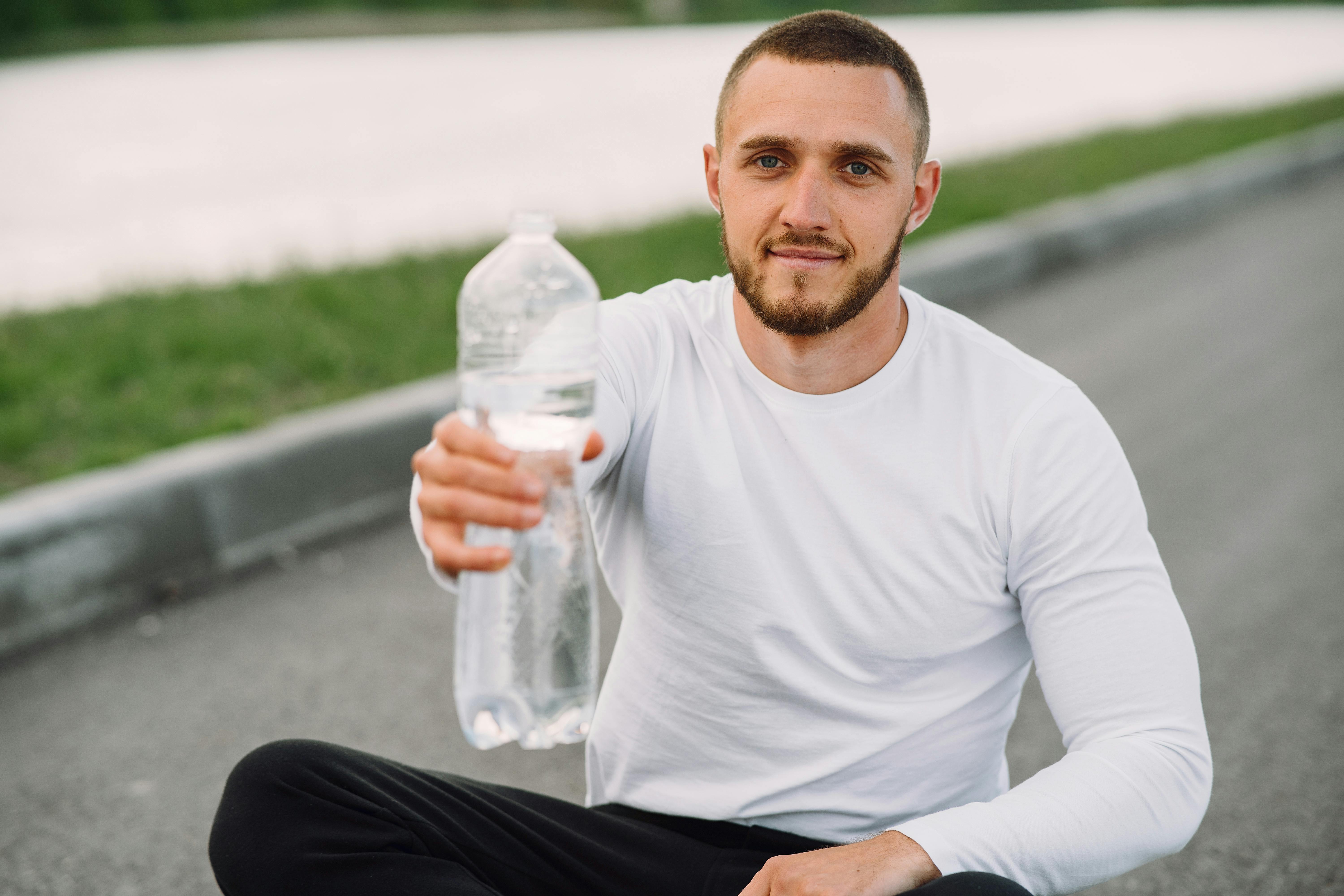The fact that something is difficult to do and is more complicated does not mean that it is necessarily more fruitful. For example, a 10-kilometer run will burn significantly more calories than running half the distance. But why run 10k when you could do two 5k runs instead? It is far better to include two 5K runs in your weekly schedule than to aim for a Herculean effort on Sundays with a 10K jog. Not to mention, there are long-term problems with long-distance running, but that’s beside the point.
The same applies to diet and nutrition. Just because something is more difficult to achieve, not to mention that you need to be very careful about what you do when it comes to your diet, there are plenty of ideas that could have dangerous results. You should stay away from extreme diets.
Consider an individual Matthew, who wants to lose weight more than anything else. Matt is a 45-year-old man diagnosed with type 2 diabetes. His doctor has told him for years that his weight is a problem. But the best he has been able to do is move a bit in the right direction, before stopping and inevitably reverting to old ways.
Matthew is sick of calling himself fat and feeling out of shape. You know you deserve better. It is a delicate period in your life and the cardiovascular risks are becoming real. The last thing he needs is to suffer the same fate as someone close to him, who is also dealing with type 2 diabetes. He has tried what his doctor recommended, but it just hasn’t worked for him. You need to try something new …
- maybe you will search and stumble upon an online fad or crash diet.
- a friend may tell you about a crash diet, claiming it worked for them.
Whatever happens, you need to be careful because some diets will do more harm than good. Such is the case of a diet that proposes …
- severe caloric restrictions,
- complete avoidance of carbohydrates, or
- too much of a food like protein.
Especially the first on the list: it has become quite popular these days to try extremely low calorie diets for a “temporary” period. Temporary in this sense should be a matter of one or two days. There is no physiological problem in spending a short period on a minimal meal. Your body finds a way to cope. But when you spend several days or weeks, consuming an intake of just over 1000 calories or even less, we are talking about a serious concern. Add diet pills to the equation and we have a more significant problem.
These diets are not only extreme, but also the repercussions. The consequences are rarely discussed, while the potential benefits get all the attention. Even if you can apply your willpower to accomplish these feats, it doesn’t mean you have to.
But why not apply the same motivation for something less extreme? Something that is proven to work? A balanced diet is all you need to follow. Progress may be slower, true. But the benefits are guaranteed and priceless.



